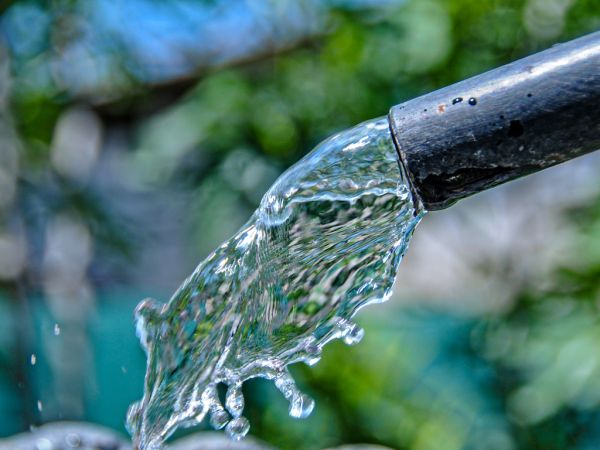Who we are

The European Water Association (EWA) is an independent non-governmental and non-profit making organisation dealing with the management and improvement of the water environment.
It is one of the major professional associations in Europe that covers the whole water sector, wastewater as well as drinking water and water related waste.
With member associations from nearly all European countries, the EWA consists of most European Union Member States, including all the Central and Eastern European countries that joined the EU on June 1, 2013. Additionally, other European countries represented within the EWA include Albania, Serbia, Norway, and Switzerland.
Aim of EWA
Our aim is to increase the resilience of the water sector by providing a forum for the discussion of key technical and policy issues in Europe and its regions. This is done through conferences, workshops, publications, meetings and special working groups of experts.
EWA plays an instrumental role in supporting the implementation of water policies, aiming to support our members in facing their daily and upcoming challenges. Our objective is to contribute to sustainable water management, a safe water supply, and the protection of the water and environment.
We ensure a transfer of expertise and knowledge exchange throughout our European network. We amplify your voice and help you address the challenges you face.
We maintain close contact with the European Commission, the European Committee for Standardization (CEN), the European Environment Agency (EEA), the European Parliament, and other water-related organizations to ensure alignment and cooperation on key water issues.
EWA's main tasks are to support, educate, and provide assistance with the implementation of EU legislation.
We translate policies and regulations into practice through courses and by connecting our members.
We make your voice heard, ensuring that the concerns and needs of the water sector are recognized and addressed.
Founded in 1981
The European Water Association (EWA) was founded on 22 June 1981 of the International Trade Fair for Wastewater and Waste Disposal (IFAT) in Munich, Germany, as the European Water Pollution Control Association. The scope of the Association was enlarged in 1999 with the change of name to the European Water Association.
Members
Today, the EWA consists of about 22 European national associations each representing professionals and technicians for wastewater and water utilities, academics, consultants and contractors as well as a growing number of corporate member firms and enterprises. EWA thus represents about 55,000 professional individuals working in the broad field of water management.

